What is cbd CBD?
CBD, in other words also cannabidiol, is one of the substances, which represent an important chemical part of a hemp plants, technically called Hemp (Cannabis sativa). It’s an ancient medicinal plant, which contains active substances called cannabinoids and there are more than 100 different cannabinoids being extracted from it. Researchers mostly focus on two components – cannabidiol (CBD) and tetrahydrocannabinol (THC).
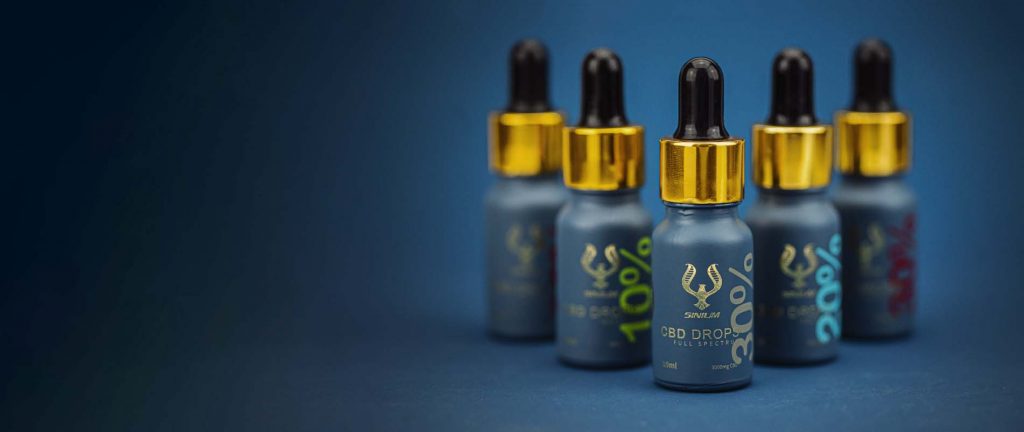
CBD belongs to a group of substances called phytocannabinoids and has a unique ability to affect the human body through interaction with the endocannabinoid system (ECS).
The endocannabinoid system was discovered only recently and is being studied gradually only now, while it is one of the four important systems in the body. This system is closely connected and cooperates with the hormonal, neurovegetative system of the body and last but not least with an important system of metabolism, as well as other mechanisms in the body. Phytocannabinoid molecules are in the largest amounts formed in the glands of female cannabis flowers with feminized seeds and on the apex of female plants. In smaller quantities they can also be found in the leaves, stem and to a minimum extent, in the seeds of this plant.
Cannabidiol (CBD) was first isolated in 1942. It was managed by Roger Adams, whose research work stood behind a discovery of another known cannabinoid – tetrahydrocannabinol (THC). It didn’t take long for a laboratory study of CBD to begin , the first tests were performed on animals in 1946 and it was the tests performed by Dr. Walter S. Loeve which confirmed that CBD does not cause changes in the mental state of the organism. Further research followed and oil from the CBD designed for medical purposes hit the market. Another major breakthrough was a study confirming that CBD may be important in the treatment of epilepsy. Since then a lot of research was carried out with more ongoing and scientists are gradually discovering advantages and possibilities of application of CBD not only as a treatment of many medical disorders, but also as a promotion of healthy lifestyle and last but not least as a prevention of potential morbidity.
CBD is also popular because it has almost no side effects, it has a good safety profile and hundreds of studies also confirm its good tolerability. It has many health beneficial substances, but even in large quantities these substances do not have narcotic or toxic effects. This is also one of the main reasons why in many countries it is used as a remedy in treatment of various diseases.

To fulfill the essence of a comprehensive explanation of CBD, we will clarify another very important and significant difference in the functioning of CBD versus THC.
Chemically, CBD and THC are closely related and although both CBD and THC are psychoactive substances, their effects on the human body are very different. CBD, in the matter of fact, isn’t psychoactive the same way as THC. Therefore, in no case should it be confused with THC ( Tetrahydrocannabinol ), which is a psychoactive ingredient in the plant. The chemical similarity between CBD and THC is that both substances contain 21 carbon atoms, 30 hydrogen atoms and 2 oxygen atoms. A minor difference in the arrangement of atoms results in completely different effects on our body. Both CBD and THC can affect the function of our body using the so-called Cannabinoid receptors found in our body. This interaction stimulates neurotransmitters in our brain. Neurotransmitters are chemically responsible for communication between our cells and thus affect, for example, pain, the immune system, stress, sleep and other external manifestations of our body.
THC, unlike CBD, has the ability to bind to the so-called cannabinoid receptor 1 (CB1 receptor), which causes the state of euphoria, mood swings, laughter and the like. CBD does not bind to CB1 receptors at all. It needs THC to do this. CBD can even supress some of the ” high ” symptoms caused by THC.
Unlike THC, CBD does not affect consciousness, motor skills, or other changes that are accompanied by THC consumption. Simply put, there is no such ” high ” state, typical for marijuana consumption.
We believe that with this explanation and description of CBD, we have contributed to broadening your horizons and have risen your awareness of what CBD really is and what benefits at various spheres of our health (whether as health promotion, disease prevention or directly treating many of our ailments) it provides. About all this and more you will continuously learn on our website.
-
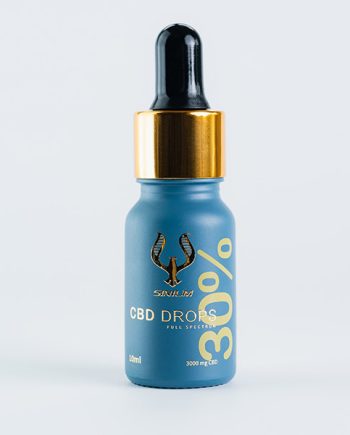 CBD oil 30% full spectrumProduct on sale40.00 € s DPH
CBD oil 30% full spectrumProduct on sale40.00 € s DPH -
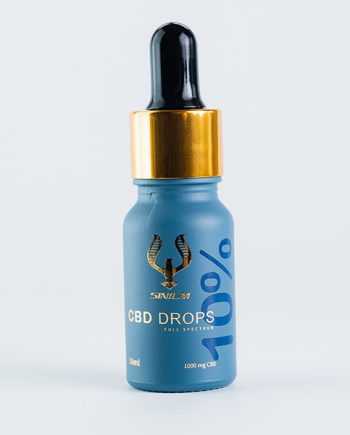 CBD oil 10% full spectrumProduct on sale25.00 € s DPH
CBD oil 10% full spectrumProduct on sale25.00 € s DPH -
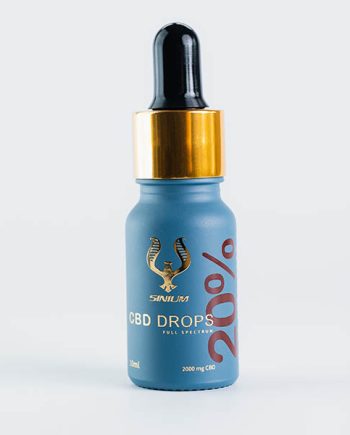 CBD oil 20% full spectrumProduct on sale30.00 € s DPH
CBD oil 20% full spectrumProduct on sale30.00 € s DPH -
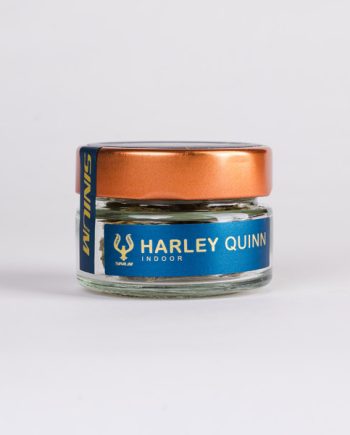 CBD indoor flowers Harley Quinn 2g17.00 € s DPH
CBD indoor flowers Harley Quinn 2g17.00 € s DPH -
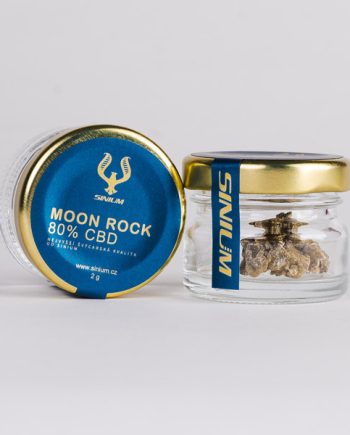 CBD Moonrock 80% 2g20.00 € s DPH
CBD Moonrock 80% 2g20.00 € s DPH -
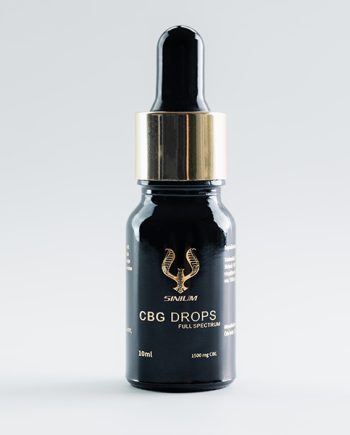 CBG oil 15% full spectrumProduct on sale40.00 € s DPH
CBG oil 15% full spectrumProduct on sale40.00 € s DPH -
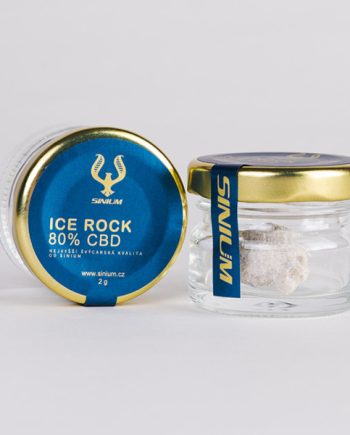 CBD Icerock 80 % 2g20.00 € s DPH
CBD Icerock 80 % 2g20.00 € s DPH -
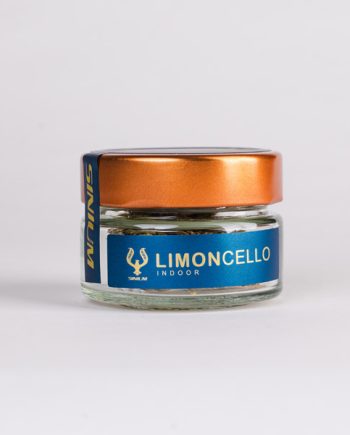 CBD indoor flowers Limoncello 2g15.00 € s DPH
CBD indoor flowers Limoncello 2g15.00 € s DPH

